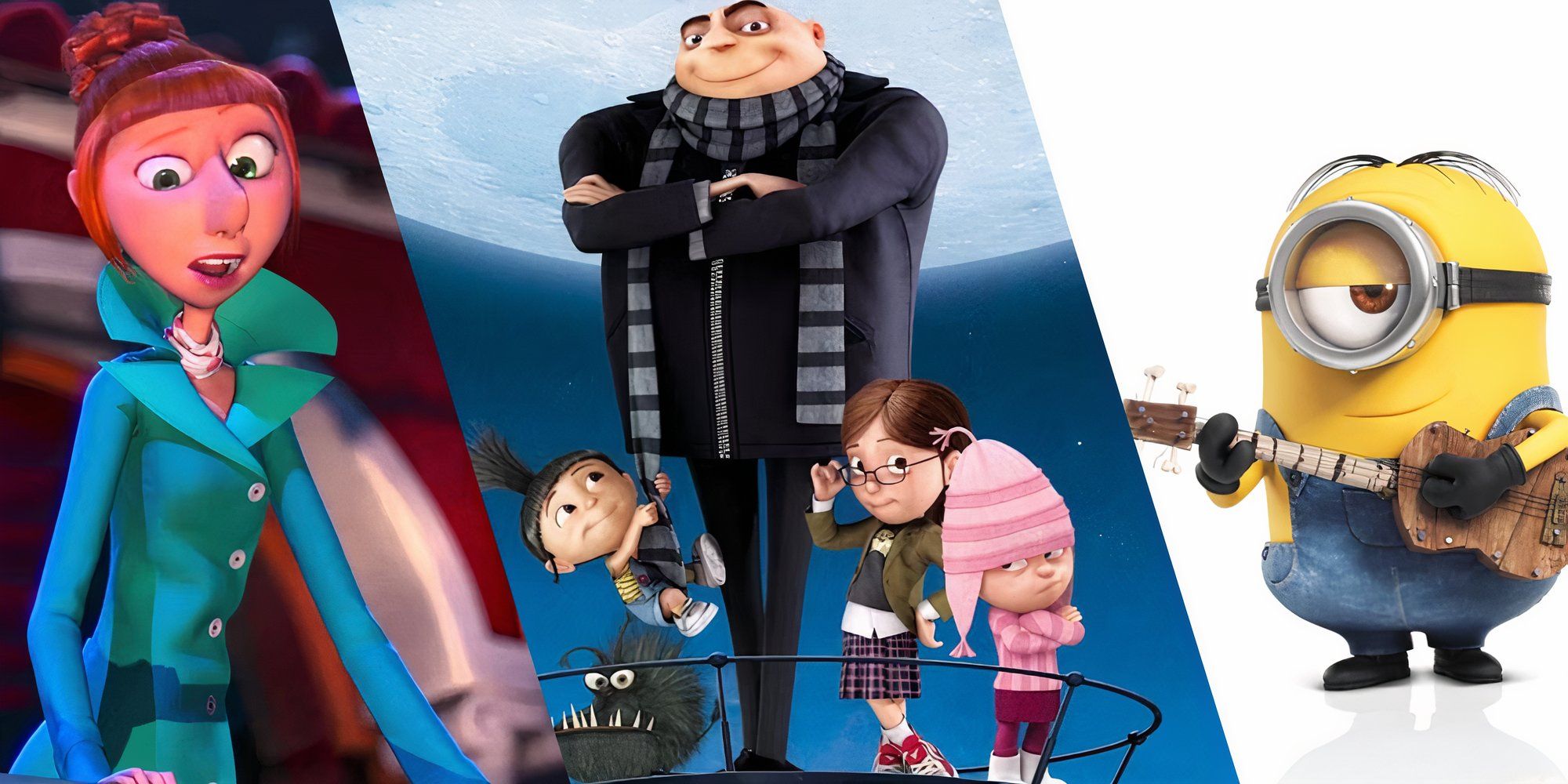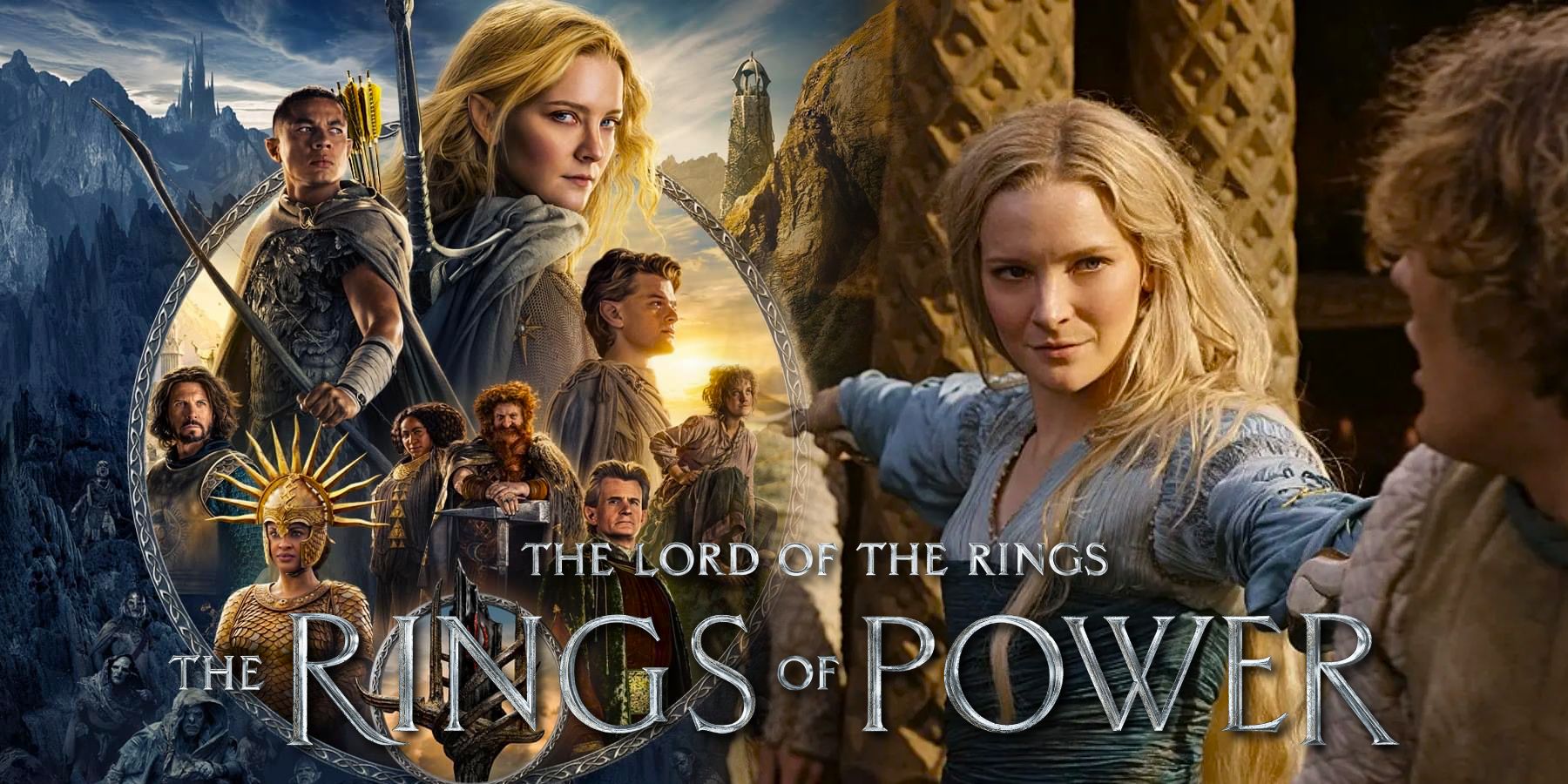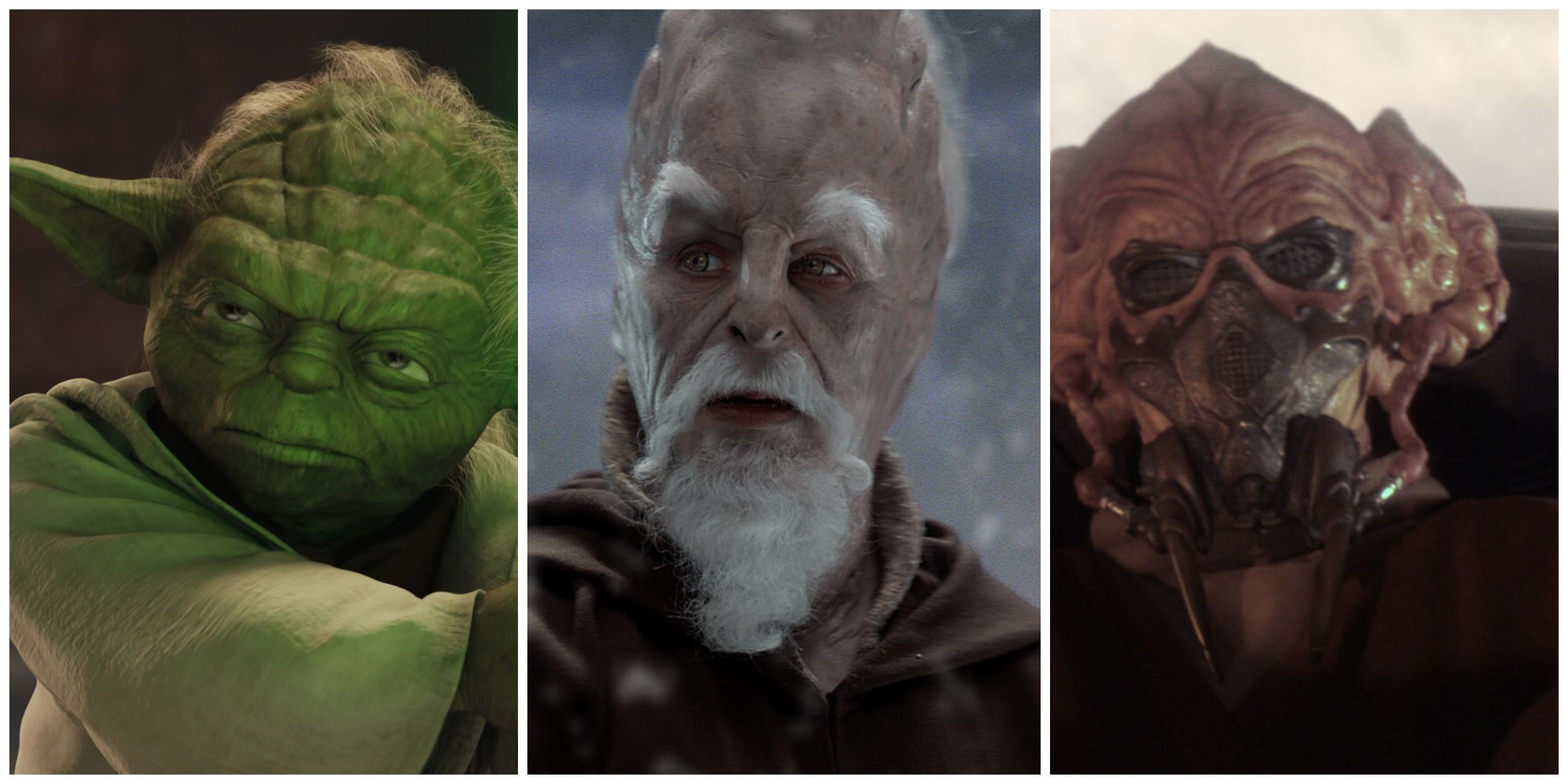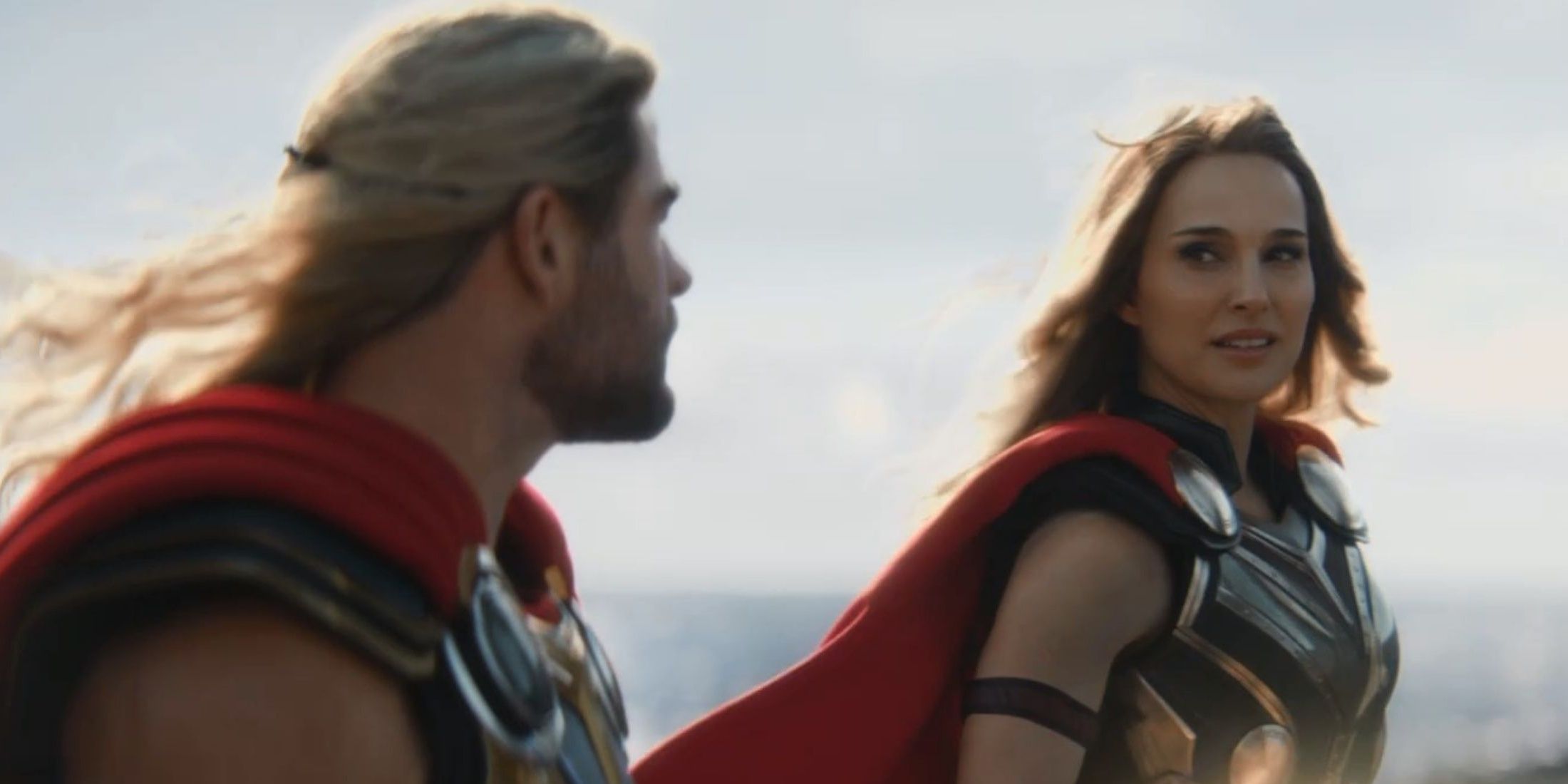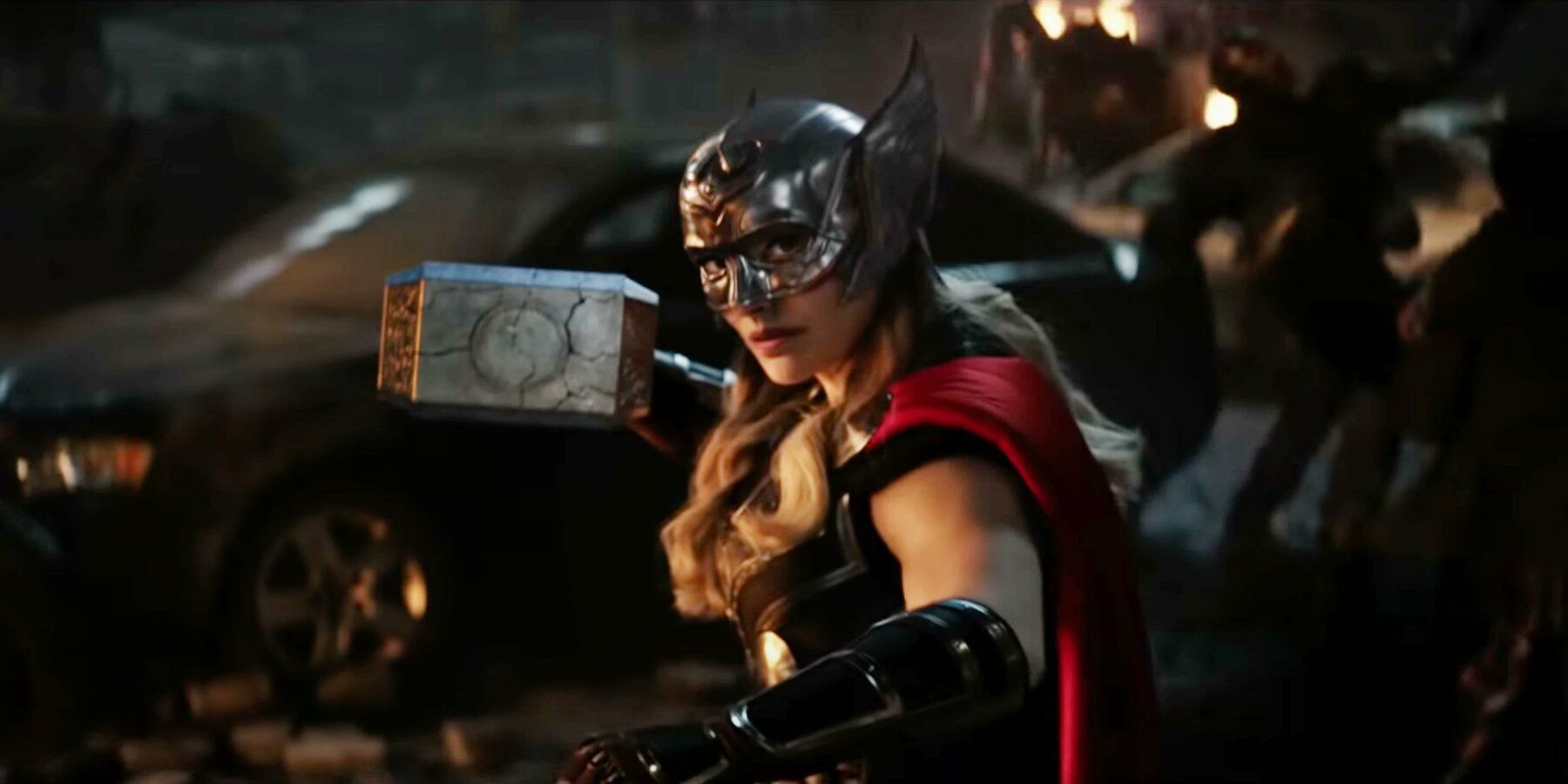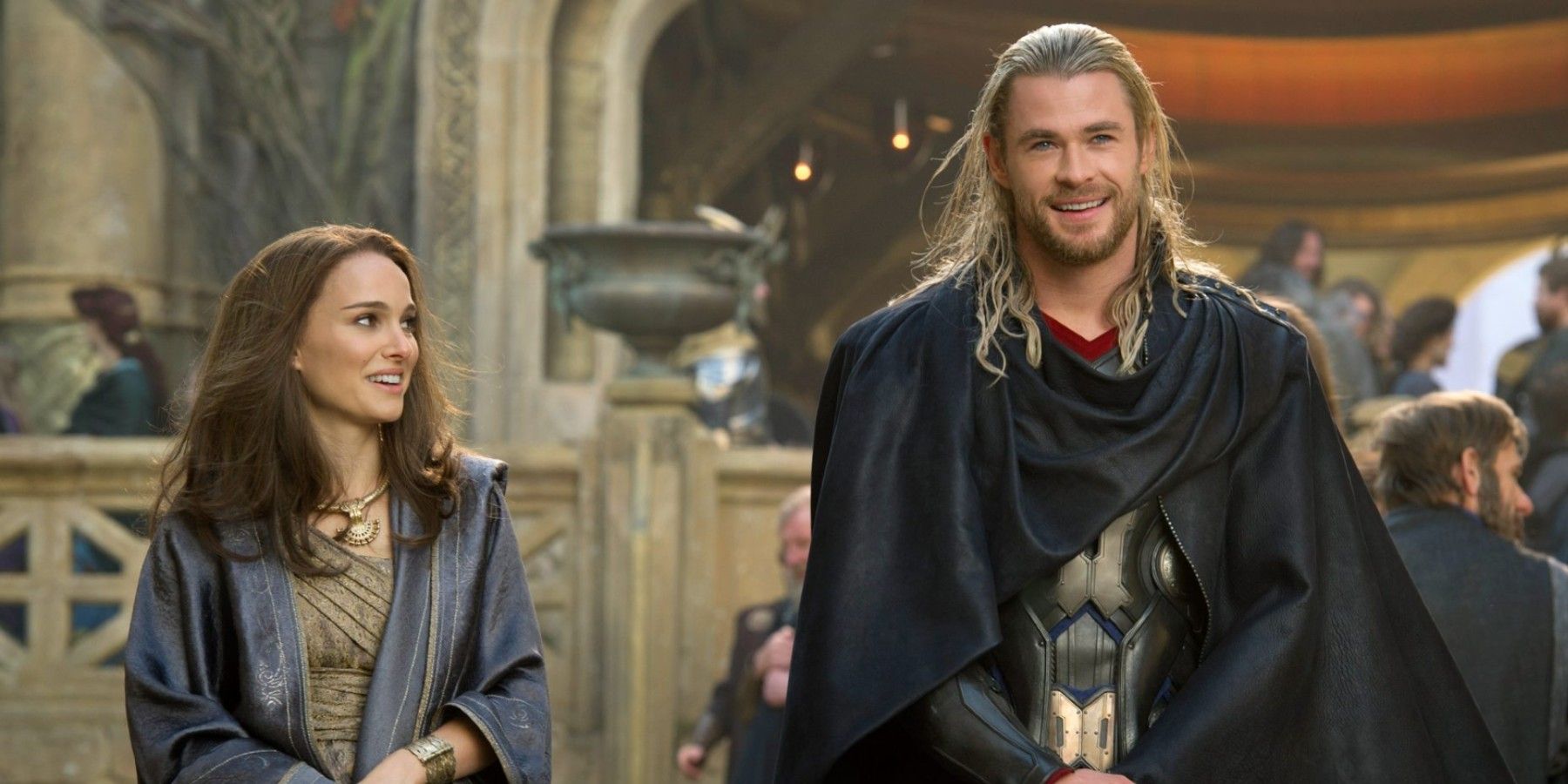The Marvel Cinematic Universe is the biggest thing in cinema and that level of ubiquity amplifies the cultural reaction to its every success and failure. Every detail of every project that comes out with the Marvel brand attached will be systematically dissected by a thousand different viewers with a thousand different perspectives.
Taika Waititi is, bizarrely, one of the most controversial filmmakers in the business today. He seems to subscribe to a "one for me, one for them" model, alternating between big-budget studio fare and independent passion projects. Even in his more mainstream outings, Taika has a unique fingerprint that swiftly marks out his contribution to the larger brand as special, for better, and for worse.
Thor: Love and Thunder is a bizarre new part of Marvel's output, and it has left fans divided. The previous film, Thor: Ragnarok, was beloved by many, but also received some pushback for its comedic writing. While most fans loved the action, imagery, and space-hopping adventure of Thor's third outing, some felt that the first two films' more serious tone was somehow more appropriate for the material. Whatever venue fans chose to voice their concerns about the previous film, Taika Waititi either did not hear them or did not care, because he and co-writer Jennifer Kaytin Robinson doubled down hard. Thor: Love and Thunder is probably as close to a screwball romantic comedy as Disney will allow a mainline MCU film to get.
Of course, there is still a ton of action in the newest Thor film, it would be hard to imagine the alternative. The fight scenes are spectacular, making use of unique visual effects to strike a distinct visual style and stand out, even alongside other MCU fare. The film uses Team Asgard's brilliant colorful magic against Gorr's creeping monochromatic shadows to the same simple but beautiful effect as Hela's pitch-black blades. Waititi and Weta FX's strong eye for moving metal album cover shots make every exchange of blades feel enormous and every use of magic feel unstoppable. Elements of the CGI feel off, Disney has been notoriously unkind to their VFX teams as of late, and it's starting to show, but the art direction ensures that, when it's all in motion, the action sings. Even though so much of the action is well-executed, there is still a voice within the script crying out for something else.
Thor: Love and Thunder is not an action movie with a romantic sub-plot. The first two Thor movies fit that description, and so do most MCU films, but Thor 4 isn't so easily defined. Most MCU films feature a love interest alongside the action, but the relationship between the hero and their romantic partner is never the primary focus. Tony Stark marries Pepper Potts, but, even in the film in which she attains superpowers, she doesn't appear in about two-thirds of the runtime and their relationship isn't the heart of the narrative. Love and Thunder is closer in tone to a superhero action film which also contains a romantic comedy. The comedy aspect is obvious, hardly a moment goes by without a one-liner or visual gag. The romance is also key, but the romantic comedy or romcom genre has its own unique hallmarks that make the film special.
Romcoms are all about comedic situations emerging from the romantic connection between two people who seem meant to be but are somehow kept apart. Love and Thunder has all the essential makings of the genre. Fate seems to bring Jane Foster and Thor together in a classic meet-cute. Their flirtation has all the awkward charm of the average Hugh Grant vehicle. Jane's tragic diagnosis provides the genre's traditional extreme circumstances. The film's final battle brilliantly combines a classic heroic sacrifice with a grand romantic gesture, using a single moment to wrap up both halves of its narrative. It's a romantic comedy taking place within the trappings of a superhero action film, and the thing that's so incredible about the project is that it's pretty good at both.
Superhero action and romantic comedy are seen by most as a lethal combination. The former is the most ubiquitous and popular genre on the market today, but it's still seen as the domain of young men. The latter is a slightly waning genre that is derided as "for girls". Taika Waititi saw the connections between the two and reached across to bring them together. Elements of this bold decision likely explain pushback from some hardcore fans, furious with the idea that a genre they'd likely openly claim to hate might taint their beloved MCU. When examining the film as a holistic product, both halves inform and shape each other, but only one half is doing something radically different.
The romcom aspects of Thor: Love and Thunder aren't better than the action elements, they're just fresher. This isn't a lesson in how to make a superhero movie, it's a reason to wonder what other genres can support a superhero movie.

